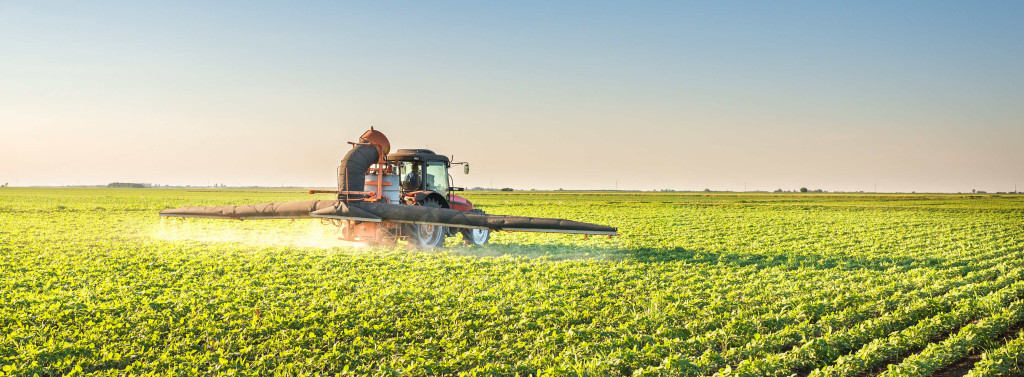In today’s talking points: Camperdown Powder acquired by Bellamy’s; Australia names new head of Australian Food and Grocery Council; Private capital encouraged in China’s agriculture industry; Recycling of agriculture waste promoted in China.
Camperdown Powder acquired by Bellamy’s
贝拉米收购金澳维佳
Bellamy’s has acquired the Camperdown Powder canning facility in Braeside, Victoria. They will pay AUD $28.5 million for a 90 per cent share in Camperdown Powder. Currently, Camperdown Powder has Certification and Accreditation Administration of the People’s Republic of China (CNCA) licensing, which is going to assist Bellamy’s to get its infant formula into China. Andrew Cohen, Chief Executive Officer of Bellamy’s, said the Camperdown acquisition will strengthen Bellamy’s strategic position by increasing control of its supply chain and China’s CFDA registration process. With the Chinese middle class growing, demand for household products is higher than ever. Good quality Australian household brands have seen a boom in sales within mainland China over recent years.
Read more at: ausfoodnews.com
Australia names new head of Australian Food and Grocery Council
澳大利亚食品和杂货委员会任命新长官
Tanya Barden has been named the new Chief Executive Officer of the Australian Food and Grocery Council. Tanya was a former executive at the Australian Competition and Consumer Commission (ACCC), and her previous experience could provide useful given recent price battles between supermarket chains and local suppliers. With local prices on produce rising significantly over recent years, several big supermarket chains such as Coles and Woolworths are looking to the AFGC to resolve the problem. Chris Nicholas, Coles merchandise director said last month that in some supermarket categories prices in Australia were as much as 50 per cent higher than in Europe. Ms. Barden will confront these claims when she starts next month, with the intense competition in the supermarket sector showing no signs of easing in the near term and in fact growing even more pressured.
Read more at: theaustralian.com.au
Private capital encouraged in China’s agriculture industry
中国鼓励社会资本注入农业
China’s Ministry of Finance released a guideline last week regulating government collaboration with private companies in the form of public-private partnerships (“PPPs”), which diversifies funding for the agricultural industry. Through the PPPs, private capital will now be able to participate in areas including green agriculture, high-standard farmland development, modern industrial parks, and logistics and trading platforms for farm produce. Local authorities are asked to cautiously select projects to ensure fair and transparent competition, and not to interfere with operations even if they hold shares in the project companies. Policy support such as expanding financing channels is also called for. The PPP model was first explored in 2013 when concerns grew over increasing local government debt. PPPs have since flourished, rising in both number and total investment amount.
Read more at: English.agri.gov.cn
Recycling of agriculture waste promoted in China
推进中国农业废物回收
To tackle pollution issues and to support sustainable agricultural development, the State Council sets goals to establish a recycling system for poultry and livestock husbandry waste. It is hoped that by 2019, more than 95 percent of small to medium-scale breeding farms will be equipped with waste treatment facilities, and all large-scale farms will be equipped with such facilities, and by 2020, 75 percent of livestock and poultry waste will be processed nationwide. To enhance local management of waste recycling and to achieve the target, related departments are required to strengthen supervision and establish appraisal systems. The appraisal results will be included in the annual performance reports of local governments.
Read more at: English.agri.gov.cn

